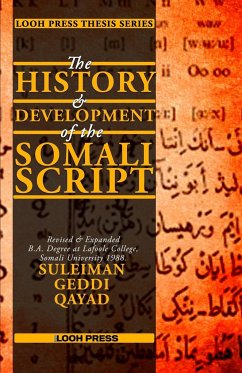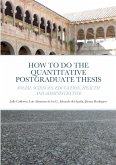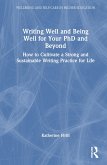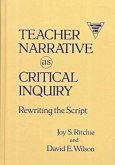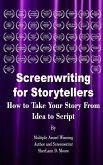After long discussion in deciding which script is to be adopted for the Somali language, It took its final turn in 1972 when the Somali orthography was written and became the official language for Somalia. After the collapse of the Somali central government in 1991 it negatively affected every aspect of Somali people's social, educational, political and economical development. In the last two decades many academic papers were written and a number of researches were conducted touching various topics of Somali orthography. This book will contribute to recreating the lost efforts and history of Somali script due to civil war, and will shed light on the history of the Somali orthography development upto its final shape. I am sure the university students, academics and general public alike will find it useful and will enrich their knowledge on this crucial period for Somali literary history. This book which was at first produced as a thesis shows that the Somali University students, especially those attending at Lafoole College of Education were keen to unearth the Somali knowledge and produce theses in different topics. Large section of Lafoole's library was specially created to be stored in these theses and hopefully it is not all lost in the civil war which ravaged the country. These theses had the potential to be used as the backbone of further research in various social, scientific and cultural topics. SULEIMAN GEDDI QAYAD was born in Borama in 1964 and completed his primary, intermediate and Secondary education in Hargeisa. He worked as a teacher at Aw-Osman Secondary school in Merca. Thereafter he enrolled at Somali National University, the College of Education studying History as a major subject area. At the same college, he was selected to be assistant Lecturer at Lafoole College of education, teaching Somali history. In 1989 he arrived in the Netherlands, and now resides in the UK with his family.
Hinweis: Dieser Artikel kann nur an eine deutsche Lieferadresse ausgeliefert werden.
Hinweis: Dieser Artikel kann nur an eine deutsche Lieferadresse ausgeliefert werden.
